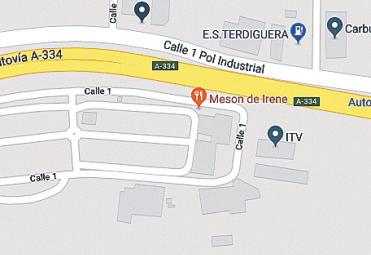
1 minute read
Fire-starter behind bars

A FRENCH court sentenced a Rwandan man to four years in prison for starting the 2020 fire in Nantes Cathedral. Emmanuel Abayisenga was judged to be guilty on Thursday, March 30 for starting the blaze which severely damaged the Gothic cathedral.
Despite finding that Abayisenga was not mentally sound at the time of the fire, a judge ruled that he will face prison time for his actions, and will also be banned from the region for five years.
The man was a volunteer at the Saint Peter and Saint Paul’s Cathedral in the city, and prosecutors alleged that he set fire to the building knowingly due to “huge anger and a feeling of revenge linked to his own administrative situation.”

The fire was contained, but unfortunately, the church's famous 17th century organ was destroyed, despite surviving both the French Revolution and World War II. Additionally, priceless artifacts and paintings were lost in the flames.
Abayisenga is also facing legal action for allegedly killing a priest in western France in 2021. Reports al lege that he had unsuccessfully sought asylum in France multiple times and received a deportation order in 2019.
Meat the end
LAB GROWN meat has been a suggestion for many years now, but Italian officials say that meat grown in laboratories and other synthetic foods will not be allowed in their country. Members of the Italian parliament proposed a bill on Wednesday, March 29 to prohibit synthetic foods being produced or sold.
The proposed legislation would impose fines of up to €60,000 for violations of the ban. The move by the rightwing Italian government has been designed to protect the country’s rich food heritage as well as and promote consumer health.
Francesco Lollobrigida, head of the rebranded
Ministry for Agriculture and Food ‘Sovereignty’, spoke of the importance of Italy’s culinary traditions while advocating for the bill to pass. The country’s farmers’ lobby also supports the bill, while some animal welfare groups have criticised the decision.
In other parts of the world, synthetic food is becoming closer. Last year, Singapore gave regulatory approval for lab grown chicken meat to be used in nuggets, while the US Food and Drug Administration (FDA) cleared cellcultured chicken for human consumption. However, the European Food Safety Authority has not yet received any applications.











